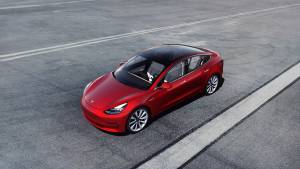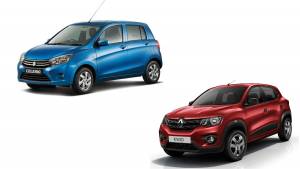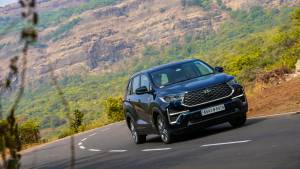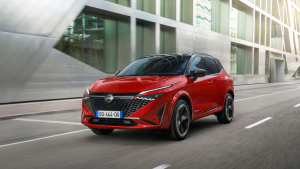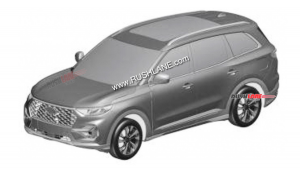Finance Minister, Nirmala Sitharaman announces the adoption of Battery Swapping technology for electric vehicles in Budget 2022
The Union government will adopt a 'Battery Swapping Policy' to encourage the usage of electric vehicles (EVs) and reach carbon emission objectives as part of its strategy to transition to green energy, finance minister Nirmala Sitharaman revealed while presenting the Union Budget 2022-23.
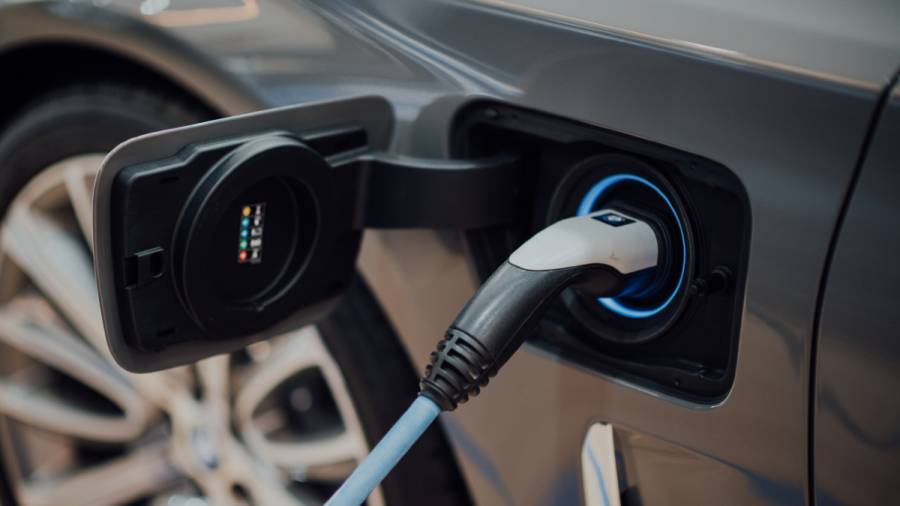 Photo by CHUTTERSNAP on Unsplash
Photo by CHUTTERSNAP on Unsplash
Nirmala Sitharaman, the Finance Minister, stated that this was done to encourage people to utilise public transportation in metropolitan areas, where special mobility zones with a zero-fossil-fuel policy will be implemented. This will also address the issue of urban space restrictions.
Battery swapping is a procedure that allows a private EV owner to replace a drained battery with a fully charged one without needing to wait for the existing battery to charge. When combined with interoperability standards, the policy would compel EV manufacturers to produce vehicles with standardised, easily removable batteries, lowering the cost of EV ownership by eliminating the need to buy a new battery, which is now the most costly component of an EV.
The Society of Manufacturers of Electric Vehicles (SMEV) had raised a few issues that needed to be addressed before the budget was released. According to SMEV DG Sohinder Gill, the electric mobility industry is a big field that Indian businesses may conquer before multinational firms attack the market with "cheaper contraptions."
To build a strong ecosystem for electric vehicles, the government may consider putting them in the priority financing sector, which would allow citizens to buy them at cheaper interest rates.
Only a few electric two-wheeler manufacturers, such as Hero Electric, Okinawa Motors, Simple Energy, and Bounce Electric, now enable battery changing, but Ather Energy, Ola Electric, and others do not. This follows on the heels of India's pledge at COP26 in Glasgow that it will decrease net carbon emissions to zero by 2070 and with electric vehicle pricing likely to achieve parity with internal combustion engine (ICE) cars before 2025.

